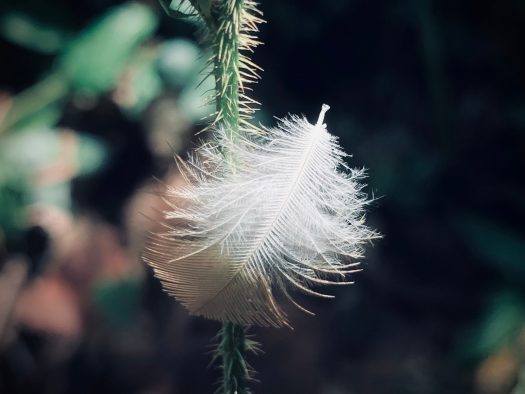If I ran a movie review site, nothing would get more than one star. Movies would compete for fractions of a star.
Times are lean. We could run out of stars.
No one could afford to live under such a dark sky. They’d go mad with loneliness.
I saw another fireball the other night. Spend time under the stars and you see things: fish, a bull, a hunter, you name it. It’s so liberating to realize thanks to modern astronomy that the universe isn’t about us.
That said, there is a gas giant in my guest bedroom. My older brother can’t help his stature or intestinal difficulties. In his religion, everyone gets their own universe someday—a classic Ponzi scheme if you ask me. But what if it’s true?
I think the opposite is more likely the case: everything is drifting farther and farther apart, into an ever emptier void. You can already see it happening. People have that distance in their eyes.
the high inhuman
shriek of a dying rabbit
4th quarter moon
(via Twitter)
***
Finally got a good look at the pair of red-breasted nuthatches who’ve been hanging out in the spruce grove all year, according to my younger brother, and presumably nesting. Like the red squirrel i got a good look at yesterday, they were right near Dad’s grave. The spot is beginning to feel a bit magical, I have to say. Currently there’s a bit of fresh rain-water in the reflecting rock. I’m sitting on the bench listening to the stuttering calls of Linne’s cicadas, “a steady pulsating rattle sounding like a saltshaker” as the Songs of Insects website puts it. They outnumber dog-day cicadas now, of which I’m hearing just two—that buzz-saw whine. I’m also hearing what sound like falling acorns, a very hopeful sign.
***
In my poetry i want to write about nature without breathlessness. Don’t know whether i always succeed. Sharing new poetry on social media is an essential part of my probably Quixotic quest to normalize talking about wildflower sightings and wildlife encounters in the same way people post about the latest books or movies they’ve consumed.
I suppose in time I’ll end up creating a personal iconography of favourite species and other natural phenomena, licensed by the ubiquity of the smart phone and modern search engines—hardly any reference is too obscure anymore. For all that the internet has diminished attention spans, it does still expand access to layers of context that previously would’ve escaped all but the most knowledgeable of readers.
***
Successful ideologies are those that promise more than they can deliver. That way their adherents are never forced to answer for their beliefs. Evangelical conservatism may soon be dead as a political force because its adherents actually achieved one of their main goals, and everyone else is horrified.
***
Somewhere in the world right now a 90-pound weakling is sitting beside a hotel pool writing an epic novel and a 300-pound man in a tiny basement apartment is sweating over a haiku.




















